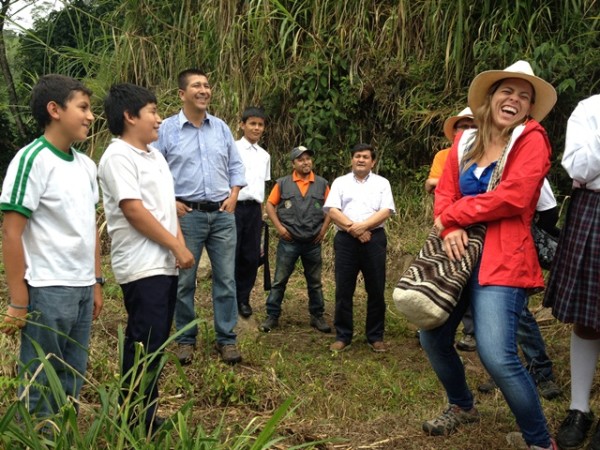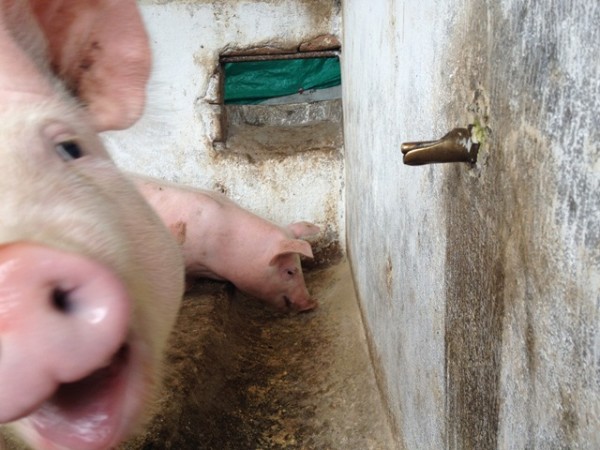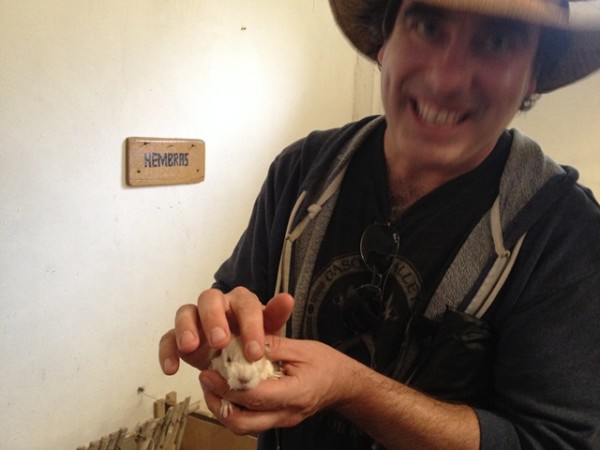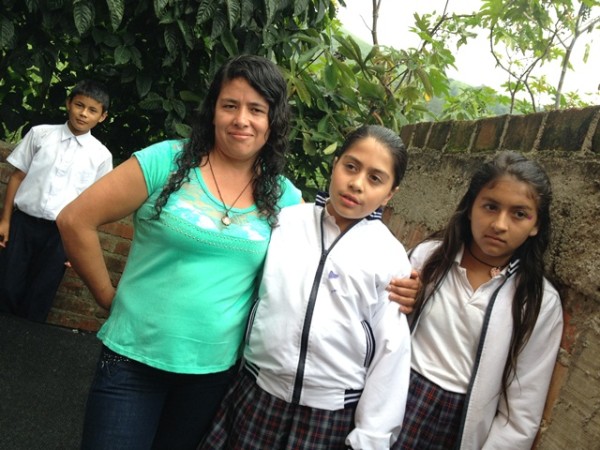by Michael Sheridan of CRS Coffeelands Blog
In my travels in the coffeelands, I hear a familiar concern echoed by coffee growers: relevo generacional.
All over the Americas, aging farmers are watching their children leave the farm for the city to pursue opportunities for higher education and employment. With the coffee leaf rust epidemic, volatile market prices, a changing climate, low productivity, limited access to agronomic and financial services, rising costs of food and agricultural inputs, who could blame them?
As a baseball fan, I sometimes think of the issue in terms of the farm systems of major-league clubs. Successful franchises invest in young players and build their skills patiently over many years. While the issue of relevo generacional seems to be on everyone’s mind in the coffeelands, there seem to be few examples of successful programs to invest in specialty coffee’s “farm system.”
Two weeks ago I had the enormous pleasure of introducing some friends to a plucky public school in a far-flung community in Colombia with a clear vision of how to turn today’s students into tomorrow’s coffee farmers.
When I first visited the San Francis of Assisi Institute in Nariño earlier this year, it didn’t take me long to understand that I was seeing something special. Its director had me hooked with his first line. He told me that the traditional curriculum in Colombia’s public schools is designed to expel young people from the countryside – to prepare them to pursue professional careers in the labor market far from the farms where they were raised. Without denying that there are real opportunities for personal and economic growth in Colombia’s thriving cities, he is doing something different at San Francis.
The school’s learning-by-doing approach integrates math and science with hands-on farming exercises on the school’s campus. The holistic curriculum prepares students who leave the community for success while showing those who choose to stay that farming can be fun, educational and profitable.
The students are raising pigs.
And guinea pigs.
And chickens.
And tilapia.
The kids are eating some of what they raise and selling the rest. They learned that they could earn 30 percent more for their tilapia if it was smoked, and convinced the director to install a smokehouse. Now they buy the fresh fish from the school, smoke them, sell them for a premum in town and keep the profits for themselves.
And of course, as the sons and daughters of coffee farmers, they propagate coffee.

Two fifth graders involved in the coffee propagation process at the St. Francis of Assisi school explain the process to Olga Cuellar of Sustainable Harvest.
The students below are involved in a special initiative–propagating Maragogype seed.
CRS has contracted the school to produce coffee seedlings for farmers participating in our Borderlands Coffee Project. It is one small way we can invest in a school that is getting the children of coffee farmers involved in the coffee process from an early age and, hopefully, contributing to an effective relevo generacional in Colombia’s coffeelands.
Michael Sheridan
Michael Sheridan is the Chief Executive Officer of the Coffee Quality Institute, a nonprofit organization with a mission to improve coffee quality and the lives of those who produce it. Sheridan has been leveraging market forces to make coffee work for smallholder farmers and farm workers since 2004. Most recently he directed progressive green coffee sourcing activities and direct-trade partnerships at Intelligentsia Coffee. Prior to that he worked to deliver initiatives in the coffee sector in Central and South America on behalf of Catholic Relief Services.










Comment